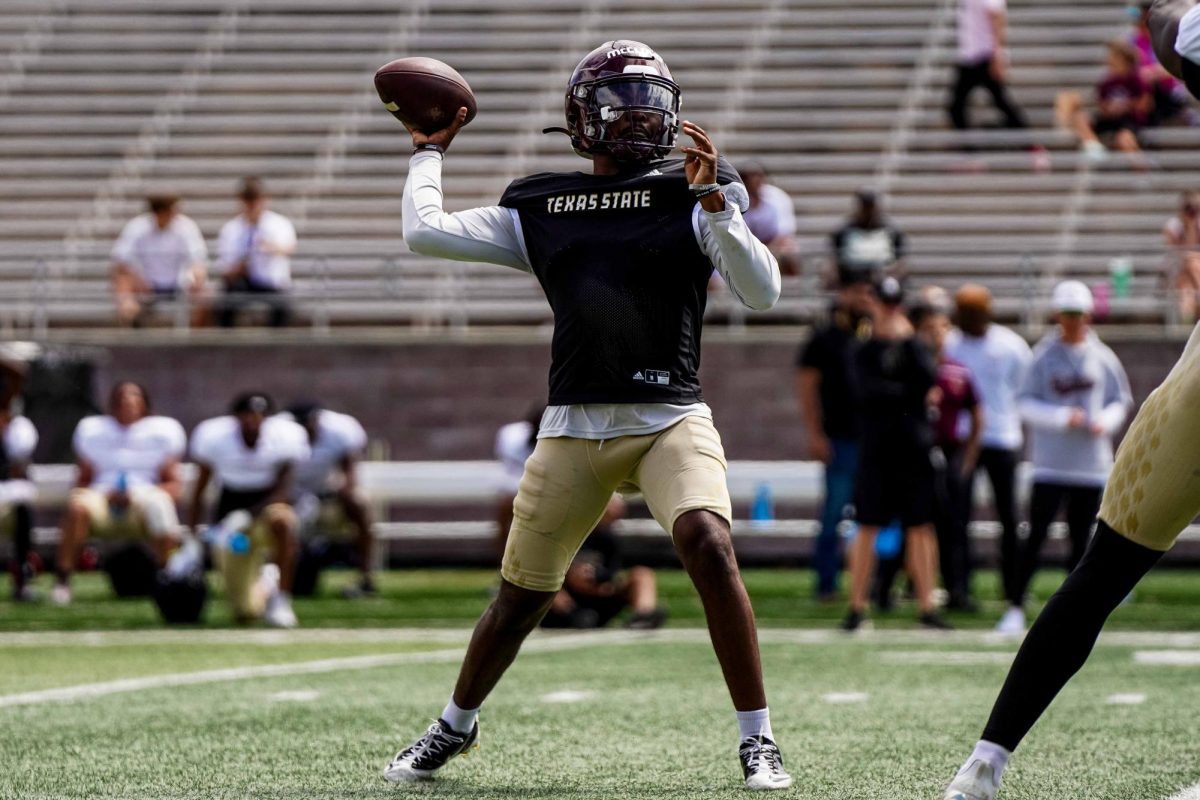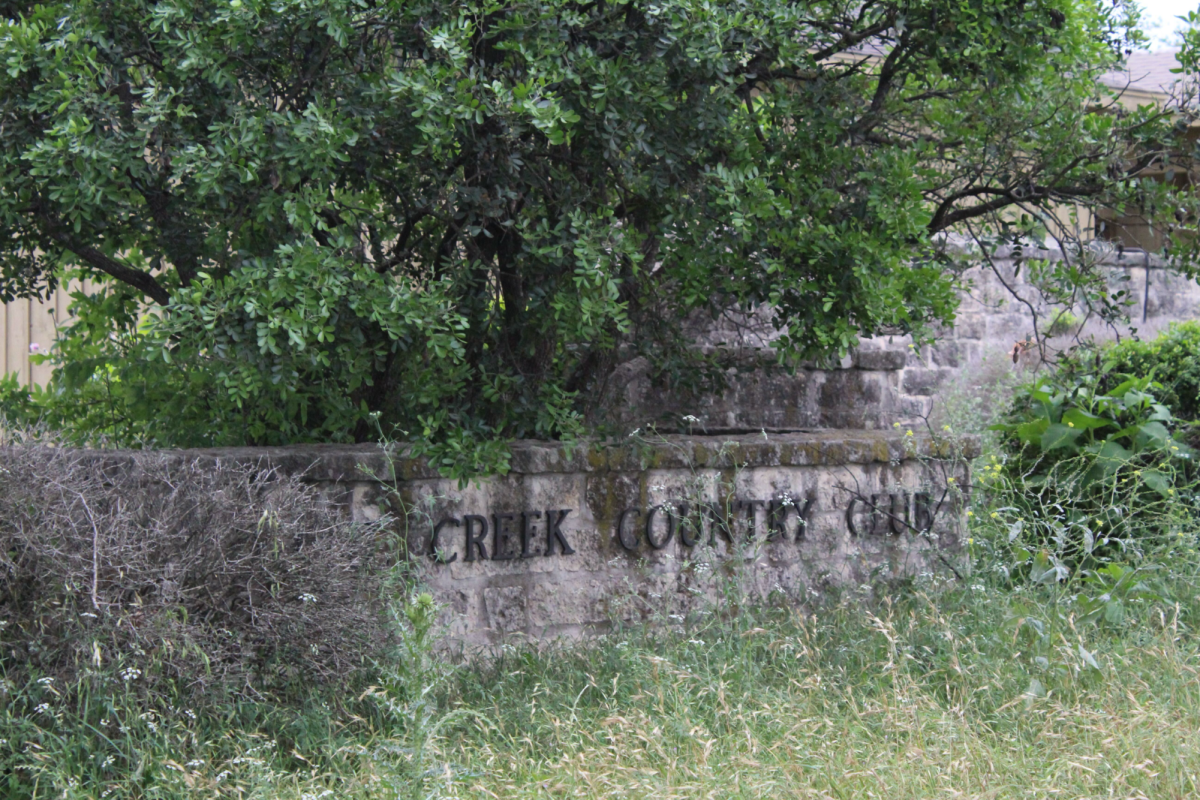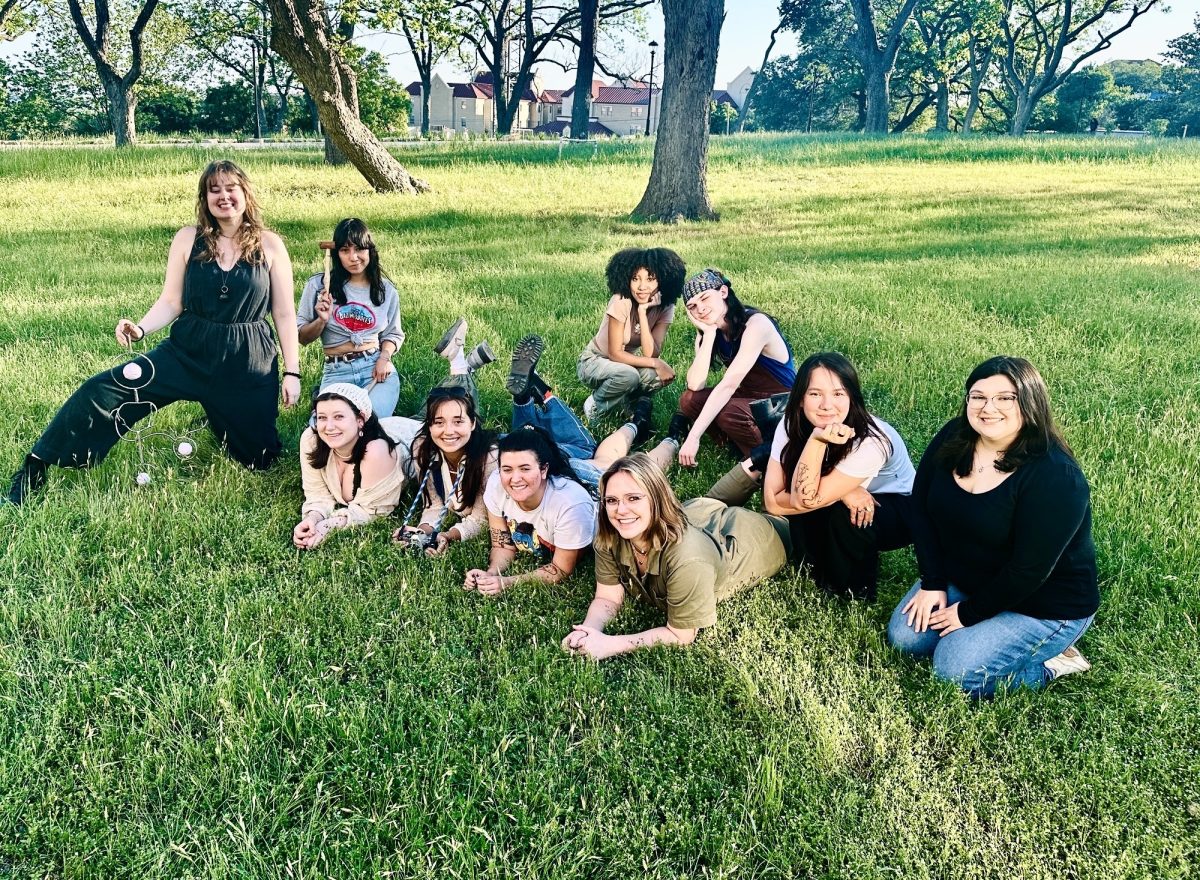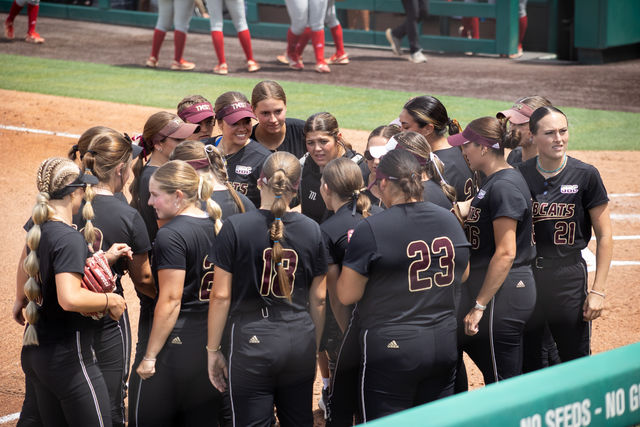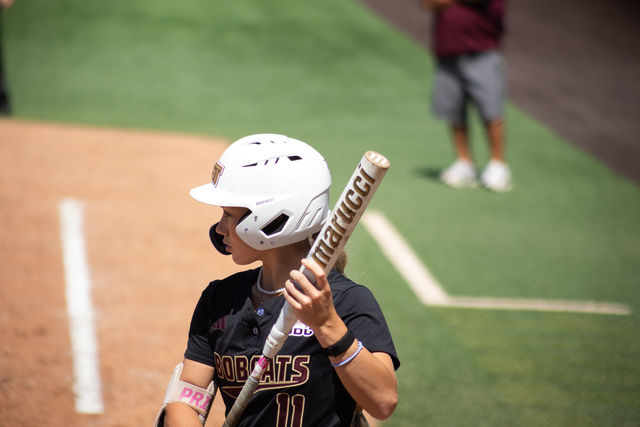For all its shortcomings, social media is a vital tool in academia.
Much has been made of the negative impacts social media has on society. Lowered self-esteem, concerning addictive tendencies and an overwhelming dependence covers just a few of those negative impacts.
Between the valid concerns about security, scams, misinformation and impacts on mental well-being, it is easy to come to the conclusion that in order to live better lives, we should all delete our social media accounts and live Twitter, Instagram and Facebook free lives.
Sometimes, though, it is just not that easy.
Using social networks, like Facebook, can help researchers network with each other and potential research institutions. They can also connect potential graduate students with labs and investigators. At conferences, meeting new people often ends with ‘find me on Facebook!’ All in all, it can be hard to navigate if you do not use Facebook or other social media sites.
Social media can often be one of the most important tools for science communication. Many researchers share findings, publications, fun facts and answers to questions from the general public using social media.
Some even use platforms like Twitter to start fun science-based challenges, like naturalist Jason Ward’s weekly #TrickyBirdID or herpetologist Earyn McGee’s #FindThatLizard. These efforts not only get other researchers in the same field involved but allow non-scientists interested in the field involved in fun ways to hone their skills, helped by experts.
Of course, all good comes with some bad. The anonymity of many social media accounts allows for some trolls with nothing better than to harass researchers who communicate with the public on social media platforms, especially those who work on controversial socio-scientific issues.
Katherine Hayhoe, an outspoken climate scientist at Texas Tech University, frequently experiences harassment both through social media accounts and through email.
Researchers who dedicate time on social media to debunking misinformation in their field are often inundated with hatred from trolls and bots, which comb the internet for mentions of specific topics such as climate change and vaccination.
This risk is especially present of female researchers and researchers of color. Already facing discrimination and hate in the workplace, these researchers find it difficult to escape criticism online.
However, social media has also allowed marginalized researchers to band together against bullies and share information about staying safe at conferences and in their workplaces. Researchers are at least able to set their own limits and boundaries on social media, where they can block and report the users that attack them online.
Social media has its drawbacks, of course—any place in which people feel free to share their opinions with no fear of repercussions will. However, it lets researchers connect with each other and with the public in ways that would otherwise not be possible.
If you are pursuing a career in academia, maybe think twice about deactivating those accounts.
– Toni Mac Crossan is a biology graduate student

